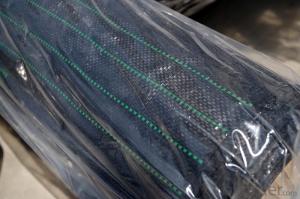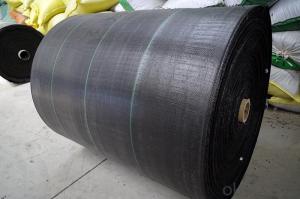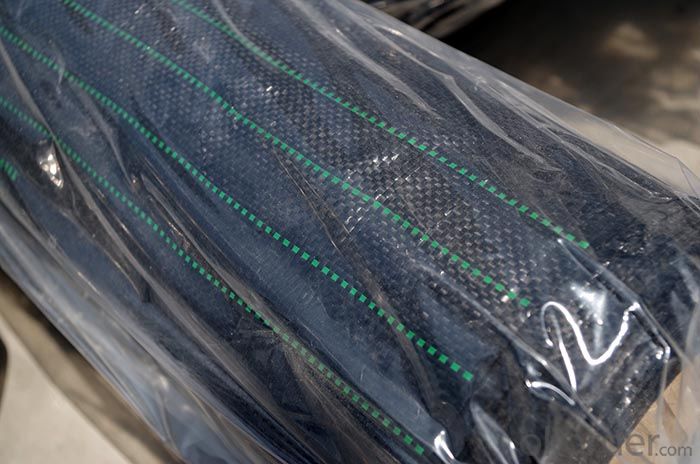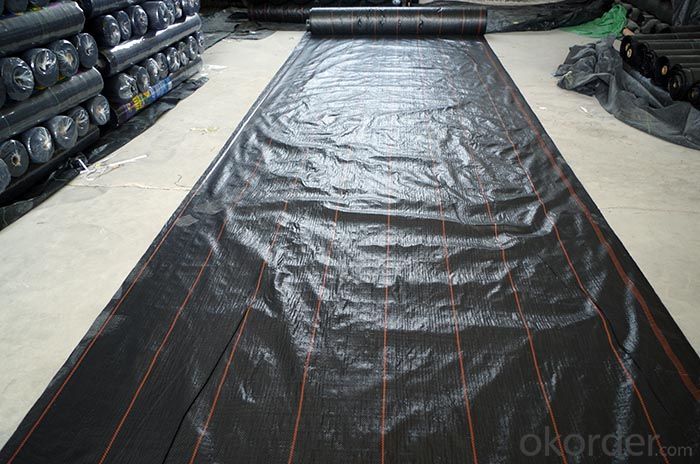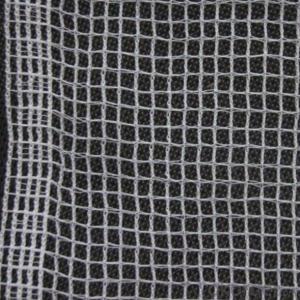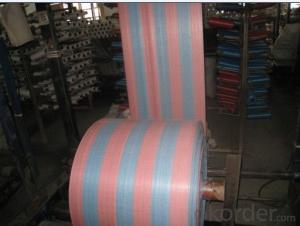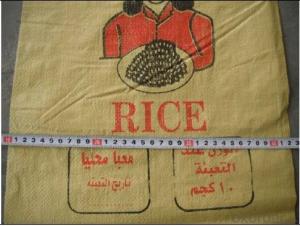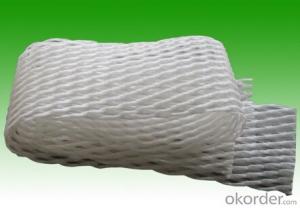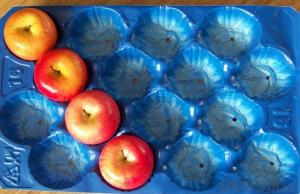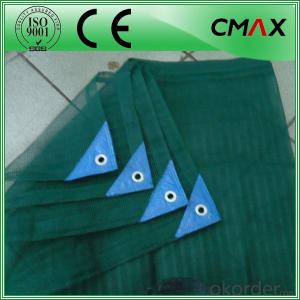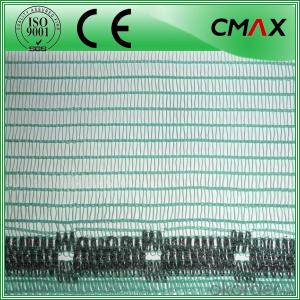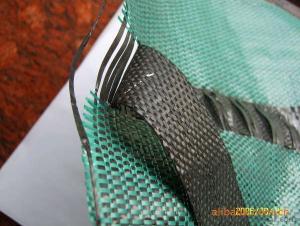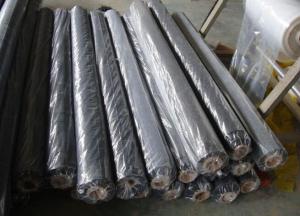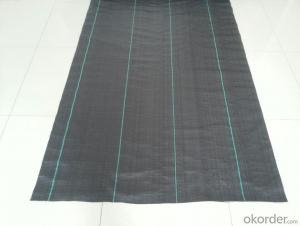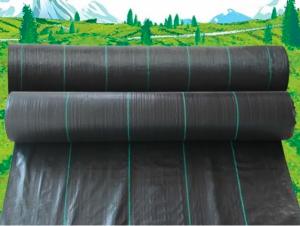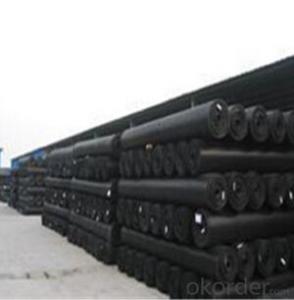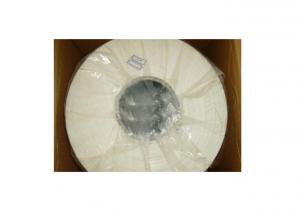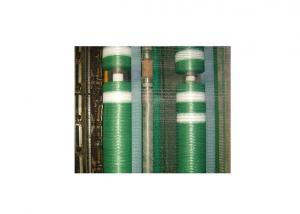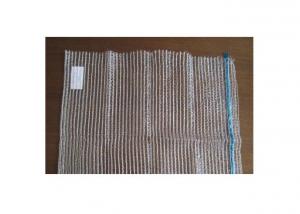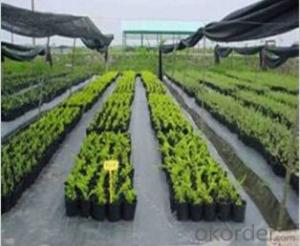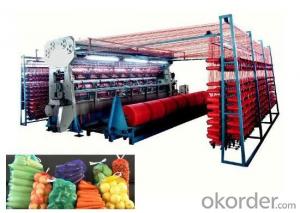PP Weed Control Fabric for Agriculture application
- Loading Port:
- Shanghai
- Payment Terms:
- TT OR LC
- Min Order Qty:
- 1000 m²
- Supply Capability:
- 200000 m²/month
OKorder Service Pledge
OKorder Financial Service
You Might Also Like
PP Weed Control Fabric for Agriculture application
Production Description:
Weed Control fabric not only prevents weeds, it encourage root growing by keep soil moist and cool. Made of UVtreated polypropylene,this costeffective weed control fabric features allow the free flow of air,water and nutrients to the soil while blocking sunlight and weeds.This chemical free method for stopping weed grow for years.
Application:
1. Weed block for landscaped garden beds
2. Permeable liners for planters (stops soil erosion)
3. Weed control under wooden decking
4. Geotextile for separating aggregate / soils under walkway blocks or bricks
5. Assists in preventing paving from settling unevenly
6. Landscape fabric prevents soil erosion
Production Specifications:
Material | Woven PP/PE Fabric |
Width | 0.5m-4.4m |
Length | 50m-2500m |
Color | Black/Grass Green/Japser/Black-Green |
Weave | 9*9 to 13*13 |
Weight | 60gsm-180gsm |
U.V. | With or Without U.V. |
Life Span | 3~5 years with U.V. treated |
Feature | Non-Toxic |
Style | Plain |
Production Application:
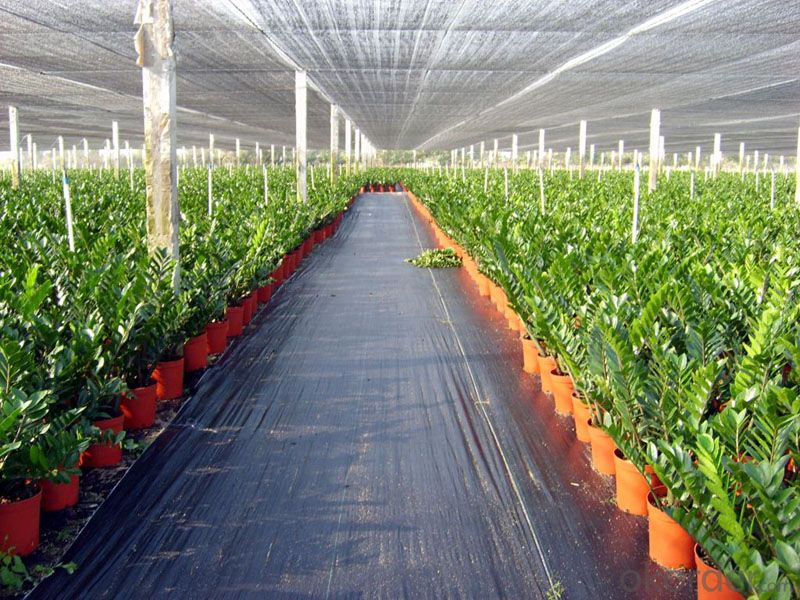
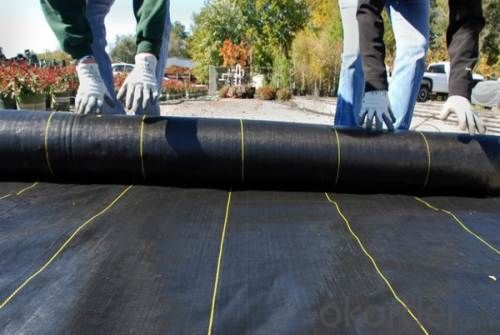
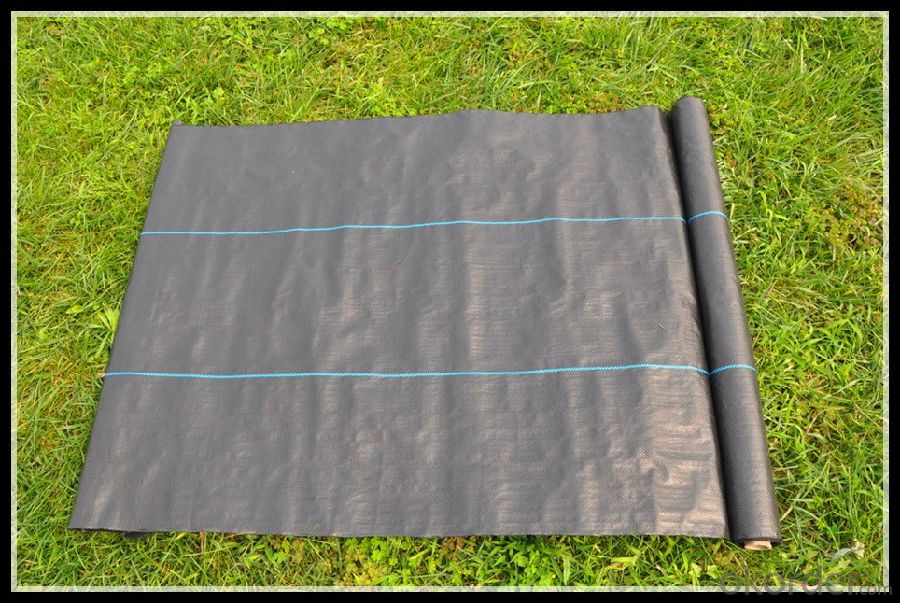
FAQ:
1. Where is your factory located in?
Factory is located in Jiangsu Province, Neat to Shanghai Port.
2. How long have you been in this product production?
We have been in the business more than 10 years,
3. Can we have some sample or trial order before bunk order?
Yes, we can provide you some free samples, and for trial order, we will offer you the lowest price.
- Q: Are agricultural plastic products used in organic integrated pest management methods?
- Yes, agricultural plastic products can be used in organic integrated pest management methods. However, it is important to note that organic farming practices typically prioritize non-chemical and environmentally friendly pest control methods. While some agricultural plastic products, such as mulch films or row covers, can be used to prevent weed growth, conserve moisture, or protect crops from pests, their use in organic farming is subject to strict regulations and certification standards to ensure compliance with organic principles.
- Q: Can ground cover plants be used to cover bare patches in a vegetable garden?
- Yes, ground cover plants can be used to cover bare patches in a vegetable garden. Ground cover plants not only help to prevent weed growth and erosion, but they also provide additional benefits such as improving soil health and moisture retention. They can act as living mulch, protecting the soil and providing a natural barrier against pests. Additionally, ground cover plants can enhance the aesthetic appeal of the garden while promoting biodiversity.
- Q: I had plastic surgery (chin lipo) it was uneven and had to redone, now its even worse and I have to have someone else fix it. Can I sue my plastic surgeon? Should I demand a partial return on what I paid first and then sue?
- This is what you need to win a medical malpractice lawsuit. You need to PROVE that the bad result was caused by something the plastic surgeon SHOULD have done but did not do, for example, bandaging. OR you need to PROVE that the plastic surgeon did something he should NOT have done, for example, extensive lipo. You have no idea what the injury/bad result is worth. Therefore, I would have an Attorney handle this from beginning to end. If you accept a settlement OR if you demand a return of half, then that will be evidence against you, either precluding you from suing or reducing the amount of the lawsuit. Testimony by other Physicians will be required.
- Q: This question asks if agricultural plastic products can be recycled and reused, seeking information on the sustainability and environmental impact of such materials.
- <p>Yes, agricultural plastic products can be recycled and reused. Many types of plastics used in agriculture, such as polyethylene and polypropylene, are recyclable. Recycling these plastics reduces waste and the need for raw materials, conserving resources and energy. Reused plastics can be repurposed into new agricultural products or other applications. However, the recycling process must be efficient and environmentally friendly to minimize pollution. It's also important to ensure that the recycling process doesn't compromise the quality and safety of the products.</p>
- Q: How do you prevent leggy growth in nursery tray seedlings?
- Leggy growth in nursery tray seedlings can be prevented by providing adequate light and maintaining proper spacing between the seedlings. Additionally, ensuring the tray is placed in a well-ventilated area and avoiding overwatering can also help prevent leggy growth.
- Q: Are there any ground cover plants that are suitable for moist shade?
- Yes, there are several ground cover plants that are well-suited for moist shade conditions. Some examples include hostas, astilbes, ferns, vinca minor, and lamium. These plants thrive in areas with limited sunlight and moist soil, making them ideal choices for shady, damp areas.
- Q: we should recycle plastic but what is wrong with plastic recycling?
- yes, okorder /
- Q: The first plastic, was made from milk and what other ingredient ?
- During World War 1 with the production of mustard gas, a residue would build up within the catalytic chamber. This residue was polyethylene, the first real plastic. It was not commercially manufactured for many more years. The bakelites commonly referred to as the first plastics were actually the first composites. They are not plastics at all, they were named prior to the final definition of plastic being established.
- Q: How do you prevent ground cover plants from invading nearby plant beds?
- One way to prevent ground cover plants from invading nearby plant beds is to create a physical barrier such as a plastic or metal edging. This will help to contain the ground cover plants within their designated area and prevent them from spreading into other plant beds. Regular maintenance and pruning of the ground cover plants can also help to keep them in check and prevent them from encroaching on other areas.
- Q: Can ground cover plants be used to create a natural-looking lawn alternative?
- Yes, ground cover plants can be used to create a natural-looking lawn alternative. Ground cover plants such as creeping thyme, clover, or sedum can form a lush and low-maintenance carpet-like surface that resembles a traditional lawn. These plants are often drought-tolerant, require less water and mowing than grass, and can provide various colors and textures to create an attractive and environmentally-friendly lawn alternative.
Send your message to us
PP Weed Control Fabric for Agriculture application
- Loading Port:
- Shanghai
- Payment Terms:
- TT OR LC
- Min Order Qty:
- 1000 m²
- Supply Capability:
- 200000 m²/month
OKorder Service Pledge
OKorder Financial Service
Similar products
Hot products
Hot Searches
Related keywords
